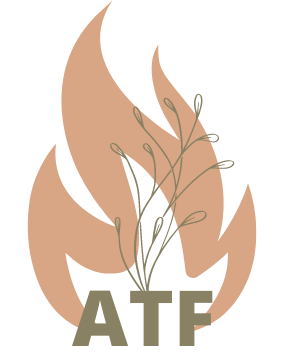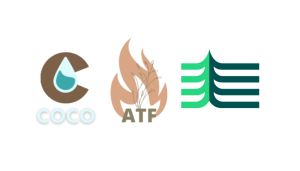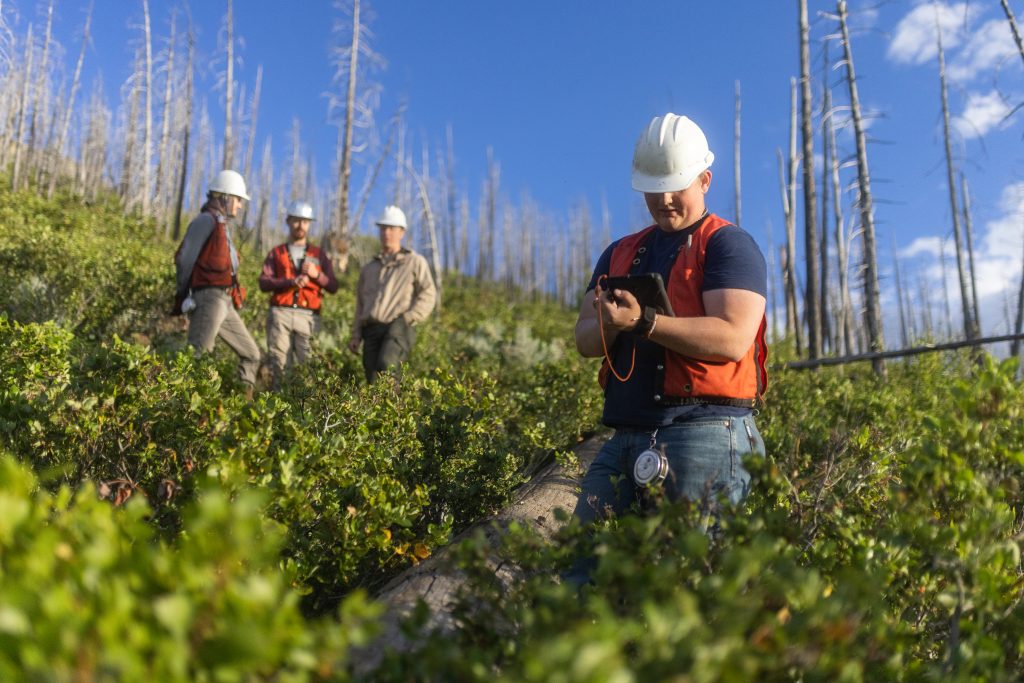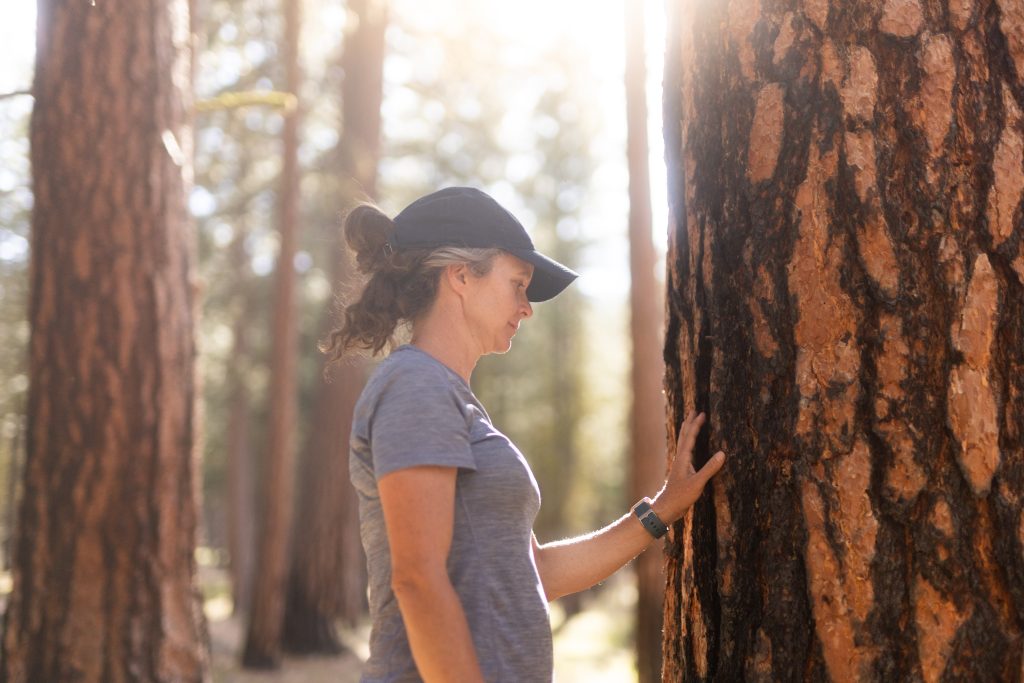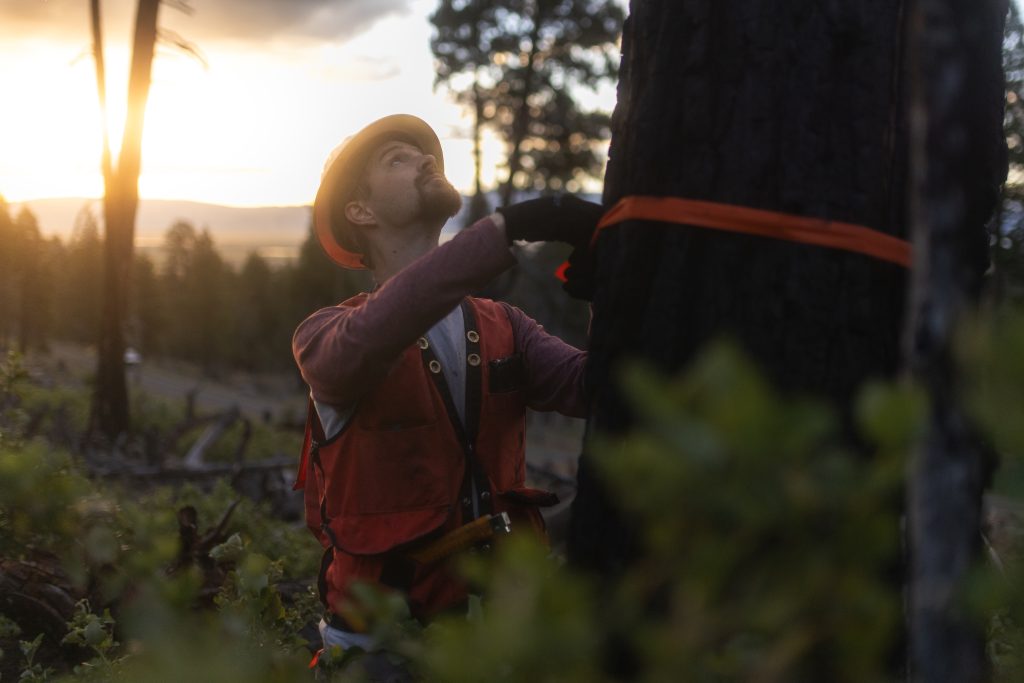Post Wildfire Webinar with American Forests:
Scaling Resilient Reforestation Through Partnerships
With Brian Morris, Gwyn Myer, Rachael Foe, and Elizabeth Pansing
This webinar took place on August 14, 2025.
Learn how American Forests is scaling up resilient reforestation efforts through strategic partnerships. Our guests will share their journey, including key lessons learned, and provide practical insights on how they’ve built collaborative plans, increased capacity, and created networks to achieve reforestation goals.
If you cannot make the webinar, we suggest registering so that you are notified once the recording is available online.
Photos compliments of Andrew Studer and Gwyn Myer of American Forests.
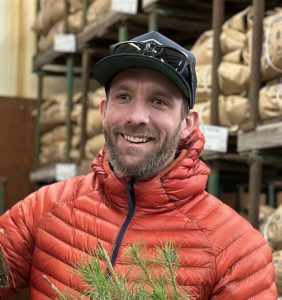
Brian Morris Ph.D.
Vice President, Resilient Reforestation
Areas of Focus
Climate-smart Restoration and Reforestation, Scientific research, Writing and editing
Brian Morris collaborates with public and private land managers, nurseries, contractors, and stakeholders to restore resilient forests across the Pacific Northwest. Brian works with Oregon and Washington states to better understand and scale the reforestation pipeline in the PNW to allow for effective seed and seedling supply to post-fire climate adapted reforestation projects. Through landowner partnerships Brian assists with design and implementation of fuel reduction strategies across landowners to develop resilient forested landscapes. Brian has nearly two decades working in reforestation and during that time has worked on a site preparation crew, set chokers with logging crews, fought fire from Malibu to Alaska, managed a reforestation nursery, and earned a BS, MS and PhD in Forestry.
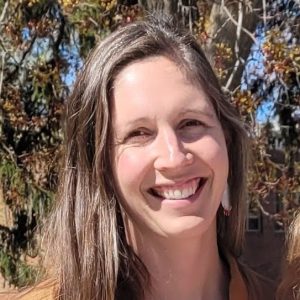
Rachael Foe
Director, Southern Rockies Forest Restoration
Areas of Focus
Climate-smart Restoration and Reforestation, Education
Rachael Foe works to bring climate-informed reforestation and strong partnerships to the Southern Rockies region. Prior to joining American Forests, Rachael worked as the reforestation coordinator for the New Mexico Forestry Division. In that role, she brought stakeholders together to address gaps related to the reforestation pipeline. Rachael’s experiences with prescribed fire policy, post-fire response and recovery, and diverse communities bring insight to what “resilience” means across varied forested landscapes and through different lenses. As Rachael works to build continuity in reforestation across the region, she brings with her an understanding of the power that’s interwoven between people and place. Rachael holds a master’s degree in public administration from the University of Montana and a bachelor’s in history education from Northern Arizona University. She lives in New Mexico.
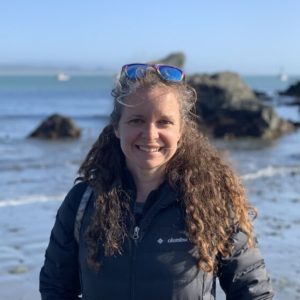
Gwyn Myer
Director, Pacific Northwest
Areas of Focus
Climate-smart Restoration and Reforestation, Education, Policy, Scientific research
Gwyn Myer specializes in fostering collaborative efforts to restore resilient forests in the Pacific Northwest. Her work revolves around advocating for healthy forests and forest climate solutions, achieved through partnerships with public and private land managers. With over 15 years of experience in project and program management, research, environmental education, and public outreach, Gwyn has a proven track record of implementing sustainable solutions that enhance ecological, social, and economic well-being within communities. Gwyn collaborates with various stakeholders to design and implement forest resilience strategies, utilizing cutting-edge science and climate smart forestry practices. Her expertise spans engagements with federal agencies, tribes, non-profits, private landowners, the carbon market, timber industries, and academia. Gwyn holds a BS in Environmental Studies and a MS in Environment and Natural Resources.
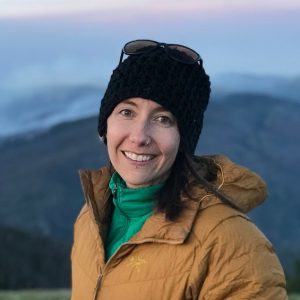
Elizabeth Pansing Ph.D.
Senior Director, Forest and Restoration Science
Areas of Focus
Scientific research, Climate-smart Restoration and Reforestation
Elizabeth Pansing develops and implements research initiatives to improve restoration and climate-smart forestry initiatives, provides insight into adaptive forest management strategies, and evaluates forest ecosystem response to climate change and other disturbance agents including wildfire. Pansing also ensures that forest management objectives and initiatives reflect the current state of the science, translating recent findings into actionable insights. Pansing is a quantitative ecologist with a background in forestry and alpine plant community ecology and has studied Rocky Mountain ecosystems for over a decade, focusing on conifer regeneration, post-fire community recovery and demographic modeling. She obtained her doctorate and master’s from the University of Colorado Denver.
